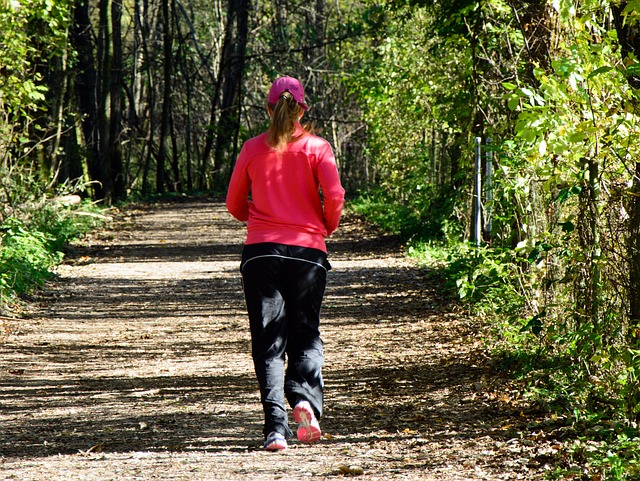Women who carry genetic markers and who have a family history linked to breast cancer can still cut their risk for contracting the dreaded disease by following a healthy lifestyle, a large-scale study suggests.
In a report by CBS News, senior researcher Nilanjan Chatterjee from the Johns Hopkins Bloomberg School of Health in Baltimore says, “Those genetic risks are not set in stone.”
Chatterjee’s study found that the key to beating the odds of breast cancer lie in four things: maintaining a healthy weight, limiting alcohol, not smoking and not using hormone therapy after menopause.
The researchers calculated that if all white American women did these, some 30% of breast cancer cases could be prevented. The majority of those would be women with gene variants and family histories that put them at higher risks.
The study did not include women with the BRCA gene mutations that greatly raise breast and ovarian cancer risks, but focused on 92 other gene variants that, on their own, make only a tiny difference in breast cancer risk. But these variants are more common, says Chatterjee, and contribute to a much larger risk when added up.
The team studied records of over 40,000 women tested for 24 gene variants previously linked to breast cancer research. The scientists created a “model” for predicting a woman’s chances of getting breast cancer, using genetic information and other factors such as family history and age menstruation started. Chatterjee also added lifestyle habits into the mix. They also estimated the effects of 68 other gene variations that the women in the study had not been tested for.
The results found that the average 30-year-old white woman has an 11% chance of developing breast cancer by the age of 80. Some women might have higher odds, but lifestyle choices would actually make the biggest difference, Chatterjee says.
Lifestyle factors may be even more important for women at higher genetic risk than for those at low genetic risk.
Women who are at a higher risk can even get their odds down by maintaining a healthy weight, quitting smoking and drinking and avoiding hormone therapy, the study suggests.
William Dupont of the Vanderbilt University School of Medicine in Nashville, Tennessee, says, “The bottom line is, this study provides evidence that, on a population level, a certain number of breast cancer cases would be prevented if women did these things.”
Dupont did add that the evidence shows that a short period of using hormone therapy only has a small effect on breast cancer risks. “I don’t think women should take this to mean that they have to go ‘cold turkey’ after menopause,” Dupont says. He co-wrote an editorial that was published with the study.
Dupont also pointed out that the model the study created has limitations and should not be used to “predict” any one woman’s breast cancer risks. He and Chatterjee both stressed the importance of a healthy lifestyle, exercise and not smoking or drinking, not only for women but for everyone.
The findings were published in JAMA Oncology.
























